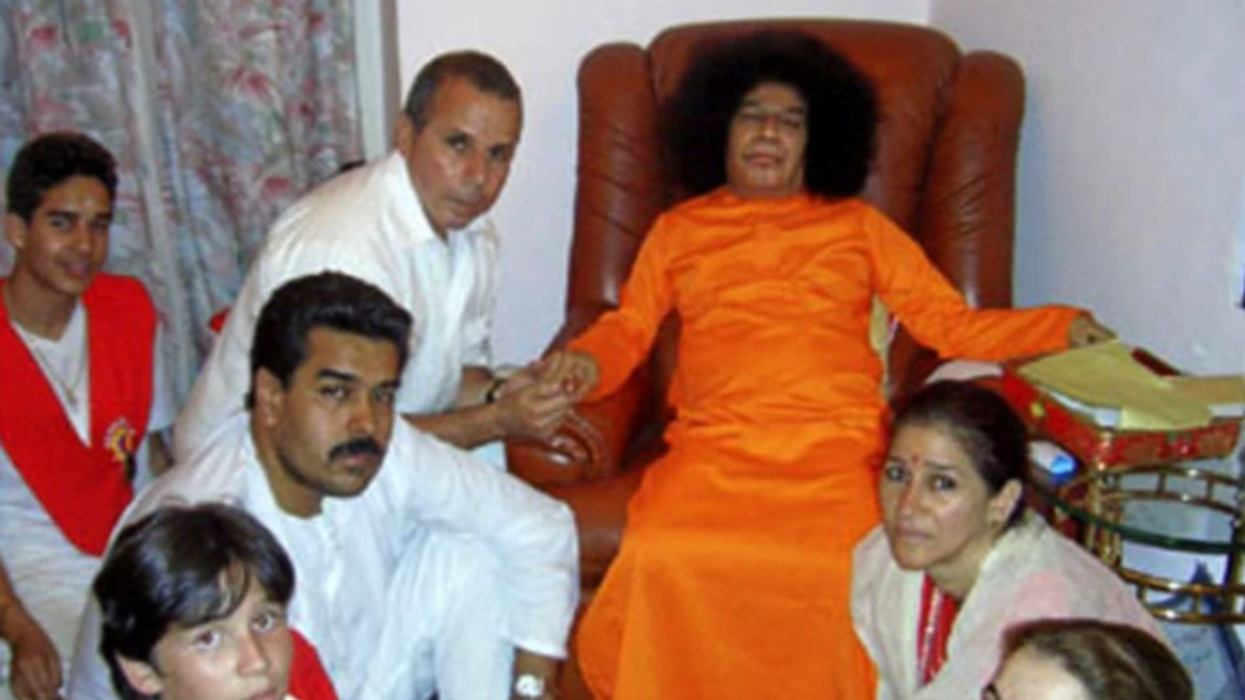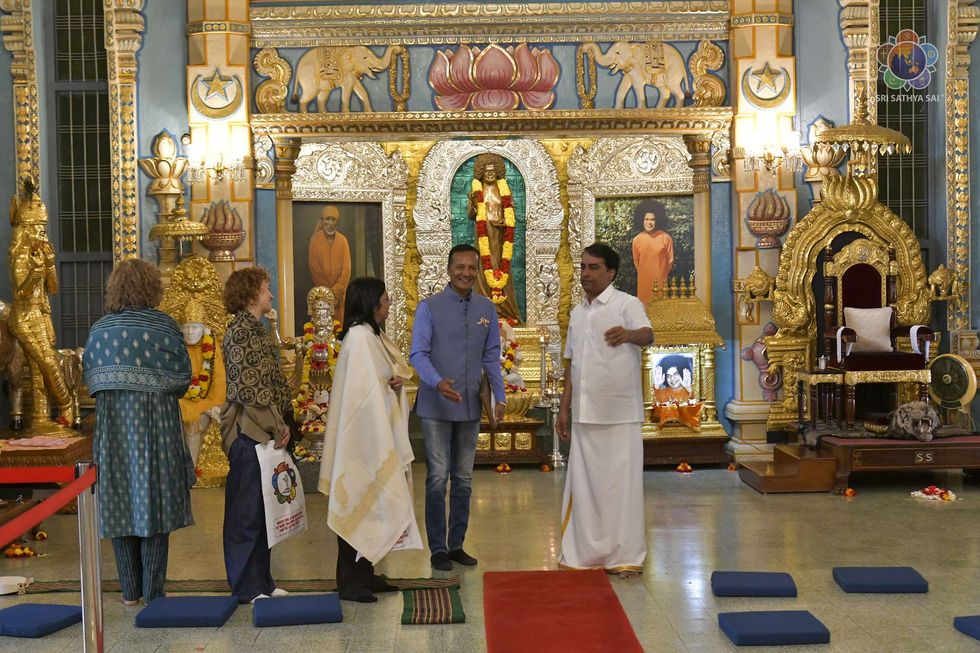CONGRATULATORY messages have continued to pour in for British Army captain Harpreet Chandi as she became the first woman of colour to cross Antarctica unsupported earlier this week.
She has won accolades not only because of her courage, determination and endurance, but also because she achieved the feat earlier than expected.
Initially, she was expected to take 45 days to reach the South Pole after the start of her expedition, but the Sikh officer accomplished the feat in 40 days.
Prime minister Boris Johnson reacted to the news with a tweet, “What an extraordinary achievement. Congratulations Captain”.
The Defence Medical Services put out a social media message, saying it was proud of her feat.
“We have followed your incredible journey over the last 40 days. The DMS is so very proud of everything you have achieved! Wishing you a safe journey”.
The Derby-born officer, nicknamed Polar Preet, flew to Chile on November 7 to begin her onward journey to Antarctica. She set off from Chile to Union Glacier, the base for Antarctica Logistics and Expeditions from where she trekked to the South Pole, braving wind chills and snowstorms.
In a conversation with Eastern Eye prior to her journey, Chandi had admitted that the trek was no walk in the park. She had felt well prepared – physically and mentally - for her extraordinary journey after more than two years of training.
She revealed she was drawn to endurance-testing adventure activities. She did her first half-marathon aged 20 and took part in some of the world’s most gruelling ultra-marathons, including the six-day Marathon des Sables – a 156-mile race across the sands and salt plains of the Sahara desert.
After she completed the event, she realised she needed a new “big thing” to aim for. Thus the dream of her solo trek to the South Pole was born, despite her having very little skiing experience.
“I wanted to do something big, but did not know what that would be. The reason I came up with Antarctica is I thought, if I do something that pushes me so far out of my comfort zone, outside of my boundaries, hopefully, it’ll inspire other people to do the same, not necessarily the polar expedition but just to push their boundaries,” she said before her trek to the South Pole.
“A lot of the time, especially in my community, it’s those closest to us who sometimes hold us back, because we’re doing something that’s out of the norm or something that’s different.”
Being a woman of colour came with its own set of challenges, Chandi said. She was often seen as the “odd one out” and the “rebellious” one in her community, often doing things not considered “normal”.
“I remember joining the Army at 19… and telling everyone at home afterwards. There were some negative comments, like ‘you have no idea what you’ve done’. I don’t like to explain to others what I am doing.”
She admitted she had to explain to her mother she was not going on “vacation” to Antarctica.
“People say the outdoors is for everyone, but if you don’t know anyone from your community or anyone who has done such expeditions, it is not that easy.
“As an Asian woman, as a woman of colour, as someone who is different from others out there, I wanted to do this to break the stereotype. I want to make this normal.”
The Army played a pivotal role in her outlook on life, she said, as she recalled how a recruitment advert showing happy faces caught her attention. She waited a few weeks before she told her family she had joined the Army Reserves, “because it’s something very out of the norm for somebody from my background”.
Chandi believes there is still a stigma among Asian families about joining the armed forces, mainly because people still do not know much about it.
In the run-up to trek, she shuttled between Preston and London for training, studying for her master’s in sports and exercise medicine from Queen Mary’s University in London, sitting for her exams, working, vaccinating, hiking and doing camping trips in Scotland, all in addition to planning her polar expedition.
Her planning worked and now her endurance is winning praises after she reached the South Pole.






 Delcy Rodríguez visited Prasanthi Nilayam on October 26, 2024, to pay her obeisances to Sai Baba. (Photo credit: Sri Sathya Sai Media Centre))
Delcy Rodríguez visited Prasanthi Nilayam on October 26, 2024, to pay her obeisances to Sai Baba. (Photo credit: Sri Sathya Sai Media Centre))





